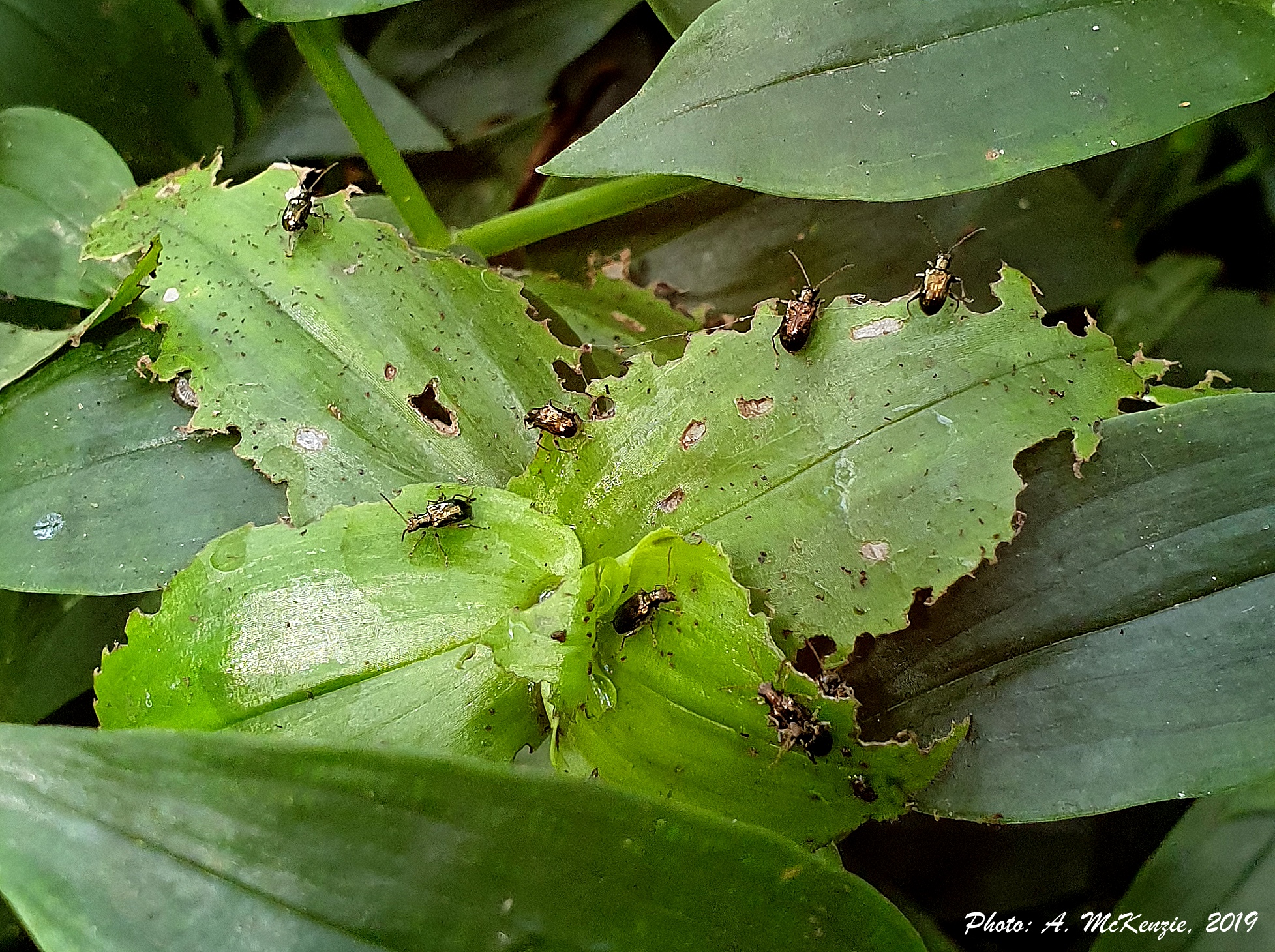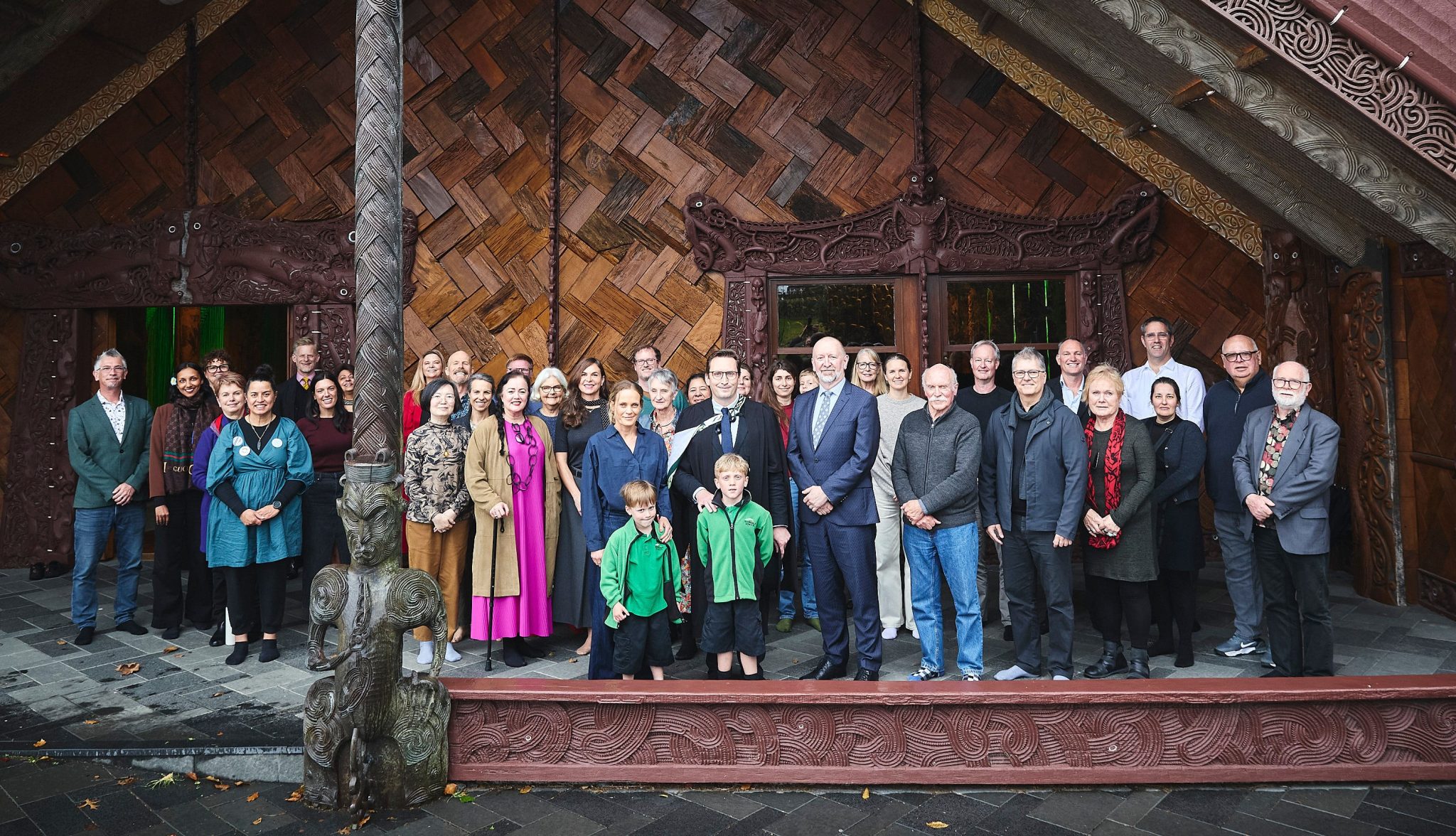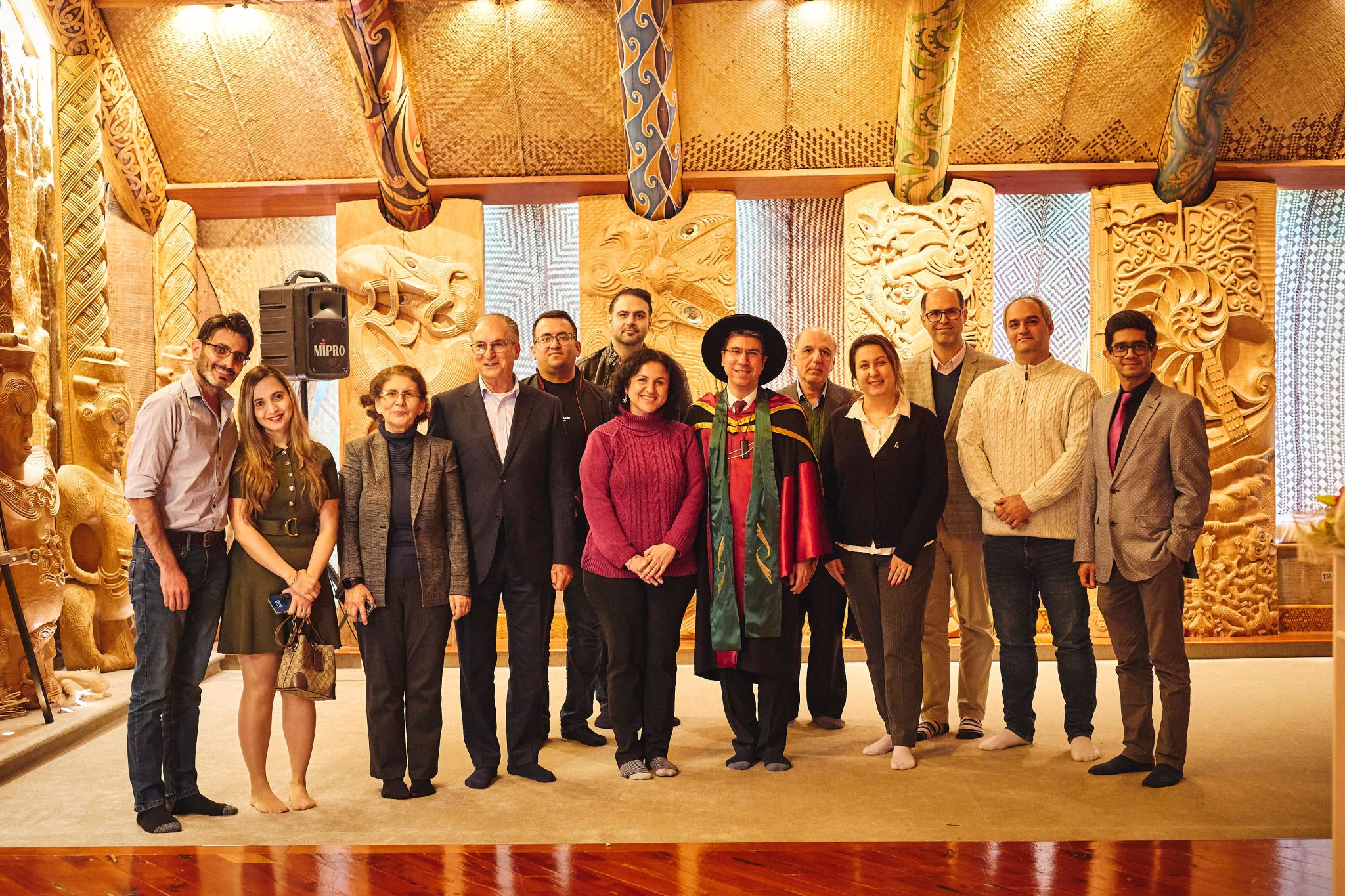Co-authored by Dr Diane Fraser
Since 2011, Unitec’s School of Environmental and Animal Sciences (EAS) has worked to partner students at Level 7 with external organisations, as part of their self-directed study course for their Bachelor of Applied Science degree. Students have had the opportunity of stipend-funded work within some of these organisations, to carry out a small research project, the outcome of which will benefit the organisation and can be submitted for the completion of their degree qualification. Students have frequently had the opportunity to present their work as posters and/or oral presentations at local conferences, such as the New Zealand Biosecurity Institute NETS Conference. As these are third-year undergraduate students, their efforts have received positive attention from students working at master’s and PhD level in other institutions.
In the summer of 2019–2020, Aaron Chang and Zac Wilcox-Brown – both from the Bachelor of Applied Science (Biodiversity Management) programme – carried out work with Emma Edney-Browne of Auckland Council and EAS staff member Dr Diane Fraser, doing monitoring of sites where biocontrol agents had been released by the council to control invasive plant species. These agents included Chinese privet lacebug (Leptoypha hospita), woolly nightshade lacebug (Gargaphia decoris), giant reed gall wasp (Tetramesa romana), Honshu white admiral butterfly (Limenitis glorifica) for the control of Japanese honeysuckle, and Tradescantia leaf beetles (Neolema ogloblini) and yellow leaf spot fungus (Kordyana sp.) for the control of Tradescantia fluminensis, commonly known as Wandering Willy. They also looked for new sites that were suitable for the release of moth plant beetle (Freudeita cf. cupripennis). All of these plant species, if unchecked, are a threat to the regeneration of native species. As with all biocontrol agents, these insects and fungus have been thoroughly tested by the Environmental Protection Authority before being released into the New Zealand environment.
Both Aaron and Zac were looking for hands-on industry experience in operations and procedures. Aaron says, “I wanted to confirm that I was on the right career path and that this was an area that I wanted to commit the next significant portion of my life to, and experience Auckland Council as a potential employer. They have a wonderful graduate programme… and this summer job was a good way to assess if their values were a good match for me.”
The students discovered a great interest in conservation within the wider Auckland community. Zac remarks, “Something that surprised me was how keen some of the private landowners were to get involved with conservation and weed management, not only on their own properties but on a broader scale. I was also surprised at how many people were actively working to protect our native environment, including community groups, council employees and members of the general public. It was exciting to see how many people in our community are so passionate about our native ecosystems.” Aaron agrees: “They took a lot of pride in the part they were playing to increase the native diversity of the region.”
For Aaron, the most enjoyable part of the job was releasing the Neolema ogloblini (Tradescantia leaf beetle) into the wild. “We had been nursing and raising these beautiful iridescent creatures, painstakingly catching them one by one, tending to the foliage in their tents and continuously scouting out potential release sites. To watch them settle on fresh leaves, bask in the sun, settle down for a nibble or to spread wing and fly was an absolute joy!”
For both students, it has been a valuable experience. Zac: “Probably the biggest benefit of doing this work for me was gaining industry experience and getting a taste of how some of the things I get to learn about in my studies can be applied in real-life management scenarios. Aaron: “Getting to know the biocontrol team at Auckland Council was great. We also met the people they work with at Landcare Research, the Tūpuna Maunga o Tāmaki Makaurau Authority and the Department of Conservation. It was awesome watching various agencies work together for the future of New Zealand. It also gave me a lot more confidence in my ability to do the work and that I am heading down the right path. Everyone that I encountered was extremely helpful, sharing their knowledge of both biocontrol in New Zealand and the greater industry. I feel that I am a lot better prepared now when it comes to applying for jobs when I finish my degree.”
Zac and Aaron were due to present a poster in July this year at the New Zealand Biosecurity Institute NETS conference in Christchurch. This has been postponed due to Covid-19 restrictions, and will now be in held in July 2021.




